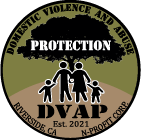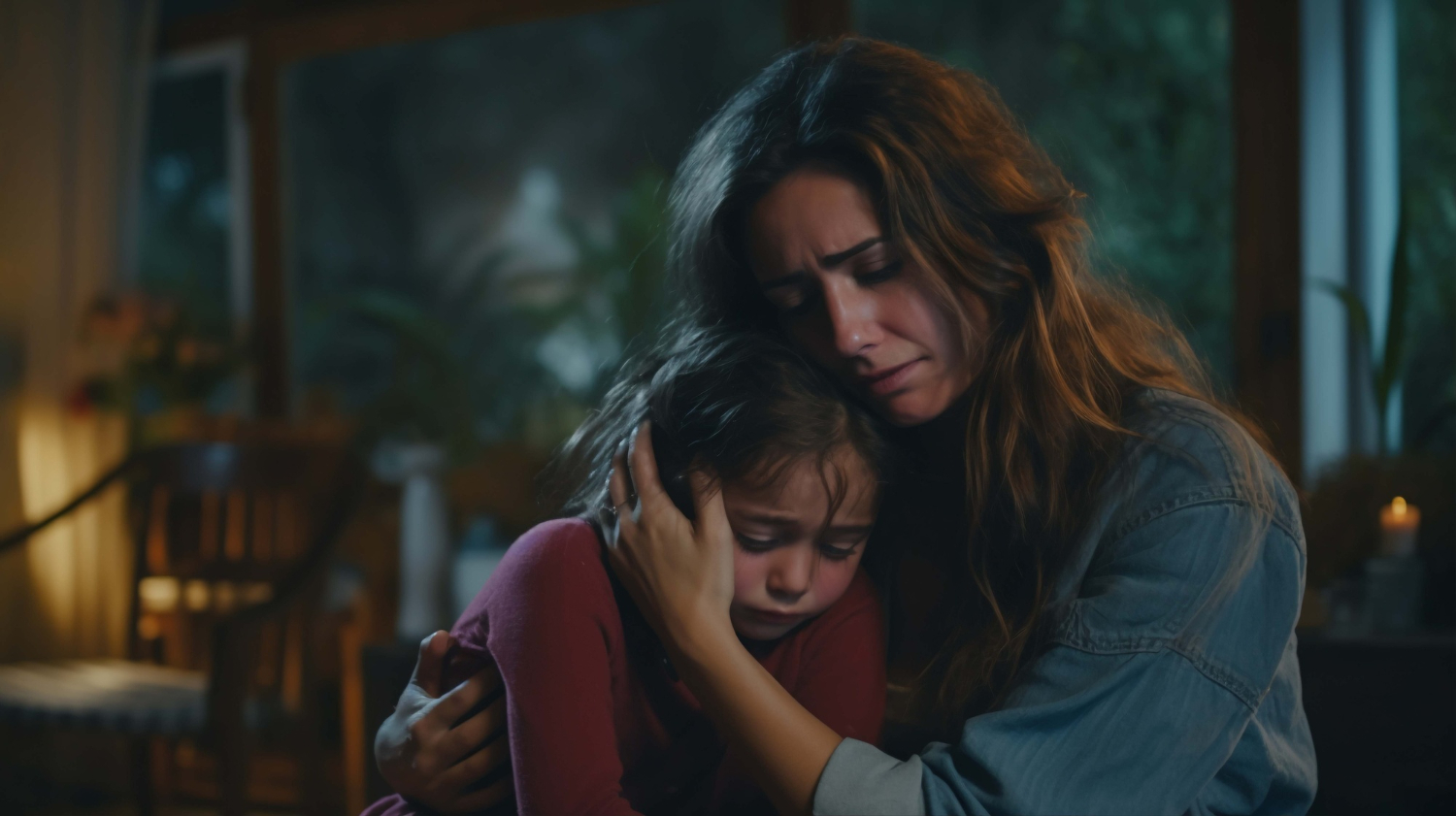Domestic violence impact on children is profound and enduring. When children witness abuse at home, it can shatter their sense of safety and stability, affecting their emotional, psychological, and social development. In Riverside and throughout California, understanding these impacts and offering timely support is essential to help young survivors heal and prevent future abuse.
The Emotional and Psychological Impact on Children
Children who witness domestic violence often face significant emotional and psychological challenges. For many, the home is supposed to be a place of safety and love. When it becomes a space of violence, fear, and unpredictability, children can develop:
- Anxiety and Depression: The stress of witnessing violence can overwhelm a child’s ability to process what is happening, leading to long-lasting anxiety and depressive disorders.
- Post-Traumatic Stress Disorder (PTSD): Symptoms of PTSD, such as flashbacks, nightmares, or emotional numbness, are common among children exposed to domestic violence.
- Low Self-Esteem: Living in an environment where conflict and harm are normalized can make children doubt their self-worth and feel powerless.
These emotional scars can persist into adulthood if left unaddressed, potentially influencing future relationships, careers, and overall well-being.
Behavioral Impact and Social Development Challenges
Domestic violence not only affects a child’s emotions but also influences how they behave and interact with others:
- Aggressive or Withdrawn Behavior: Some children may mimic violent behaviors, acting aggressively towards peers, family members, or even caregivers. Others may retreat into silence and avoid social interaction entirely.
- Struggles in School: Concentrating in class, completing homework, or engaging with teachers and classmates can be challenging for children grappling with fear and trauma at home.
- Trust Issues: Constant exposure to betrayal and harm erodes a child’s ability to trust others, negatively impacting friendships and mentor relationships.
These behavioral changes often signal deep pain and unprocessed trauma, necessitating early intervention from caregivers, educators, and mental health professionals.
Long-Term Effects of Witnessing Domestic Violence
The effects of witnessing domestic violence can extend far into adulthood, influencing every aspect of a person’s life. According to the CDC, adverse childhood experiences (ACEs) like exposure to domestic violence are linked to a higher risk of chronic illnesses, substance abuse, and mental health conditions later in life.
Research has also shown that children from violent homes are more likely to either become perpetrators or victims of domestic violence as adults. This cyclical nature makes early awareness and support incredibly important.
How Caregivers and Communities Can Support Children
While the challenges are significant, there is hope. Children who grow up in the shadow of domestic violence can still thrive when they are surrounded by compassion, structure, and support. Below are actionable strategies for caregivers, educators, and community professionals:
For Caregivers
- Create a Safe Space: Establish a home environment free from violence, where children feel loved, valued, and able to express their emotions.
- Communicate Honestly: Open the lines of communication. Answer children’s questions about what has happened in an age-appropriate way and affirm that they are not to blame.
- Seek Professional Help: Counseling and therapy provide children with tools to process trauma. Find local child therapists in Riverside who specialize in domestic violence recovery.
For Educators
- Identify Warning Signs: Be vigilant for signs of trauma in the classroom, such as difficulty concentrating, sudden outbursts, or withdrawal.
- Offer Stability: Create a predictable and supportive learning environment that reinforces a sense of normalcy and safety for the child.
- Collaborate with Families: Work alongside parents or guardians to support the child’s educational and emotional needs.
For Community Professionals
- Spread Awareness: Advocate for domestic violence prevention programs and educate the public about how violence impacts children.
- Promote Resource Accessibility: Help families connect with non-profits like Domestic Violence and Abuse Protection, Inc. in Riverside, which offer essential support for survivors and their children.
Compassion and Community Are Key
Breaking the cycle of domestic violence requires a collective effort. Communities in Riverside and beyond have the responsibility to stand together and promote healing for affected children. By fostering empathy and providing resources, we can help young survivors overcome trauma and build futures filled with hope and resilience.
Are You Experiencing Domestic Violence or Abuse? DVAP Is Here To Help
At Domestic Violence and Abuse Protection, Inc. (DVAP), we are dedicated to protecting victims of domestic abuse and their families. When restraining orders are not enough, we provide the determined protection you deserve.
Located at 3900 Orange St., Riverside, CA, our team is here to help 24/7. Call us at (951)-275 8301 or email us at admin@dvapriverside.org for immediate support. You are not alone—help is just a call away.






